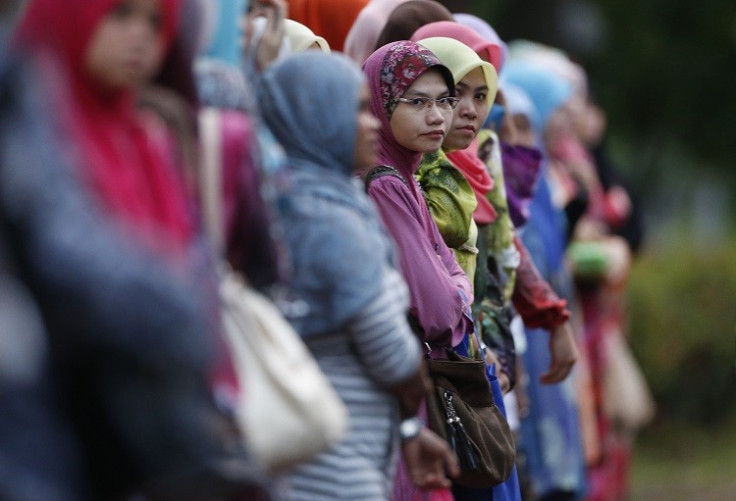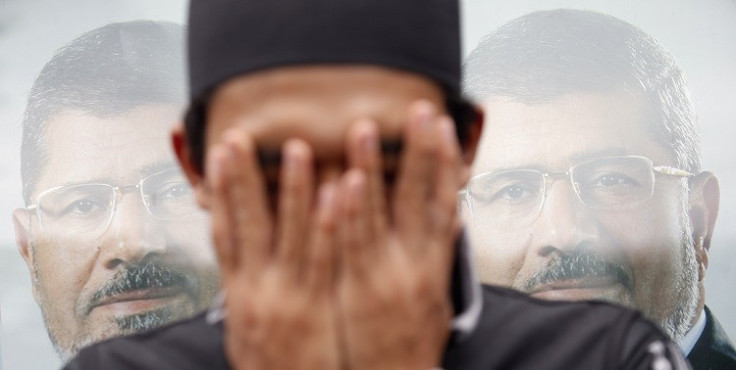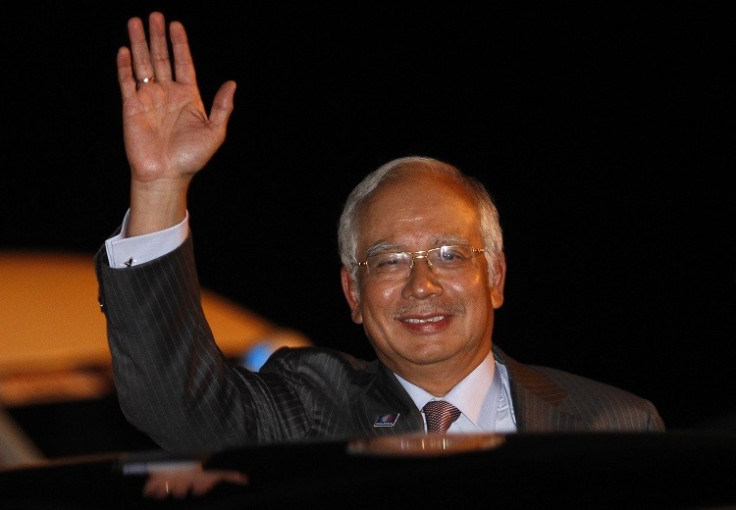Malaysia Ban on Non-Muslims Using 'Allah' Reveals Culture Paradox

Malaysia rarely hits the headlines in Britain, but news that a court in the country ruled that non-Muslims cannot use the word Allah to refer to God has, understandably, caused confusion around the rest of the world.
For people who are not accustomed to the Malaysian culture, its politics and the law that ties in ethnicity with religion, it seems a like strange ruling.
However, the court's decision, which overturned a 2009 lower court ruling, doesn't come as much of a surprise to Malaysian nationals as the country's culture is intrinsically linked to ethnicity and religion.
Whenever I return from visiting my family in Malaysia, who are Malaysian-Chinese, I am often asked 'what is Malaysia like'?
As a country that is usually not on the stereotypical Western traveller tour (Singapore-Thailand-Cambodia-Laos-Vietnam) Malaysia is sometimes forgotten and knowledge of the country's make-up falls by the wayside as well.
It is always hard to describe in one sentence what the country is like, which is indicative of how complex the culture is, but I always say this: Malaysia is a paradox.
Bumiputra - The Tie Between Race, Religion and Law

If you are born Malay, you are by law a Muslim and will only be legally be able to tie the knot with another person of the same faith.
Girls usually wear baju kurungs, a Malaysian/Indonesian dress, head scarves and keep arms, legs and cleavage firmly covered up.
Under the bumiputra, which means 'son of the land', by law, Malays receive more favourable property and company government subsidies. They also get more affordable housing.
The government recently unveiled a new set of measures, called the bumiputra empowerment policy, to enhance benefits for Malays, which currently make up two-thirds of the population.
While Prime Minister Datuk Seri Najib Tun Razak said "strong attention will also be given to help the non-bumiputras" the government is still pumping billions into race-based initiatives to promote indigenous Malay workers and help them gain more property ownership.
Essentially, it is the equivalent of Britain saying that if you are White and English, by birthright you get cheaper housing and more investment into training programmes to get you more work and a better salary.
Moreover, the direct tie between race, religion and state, naturally permeates into the origin of the country's language, Bahasa Melayu, which uses Allah as the word for 'god' and 'God'.
While the ruling against the use of 'Allah' for non-Muslims in Malaysia may be making the rest of the world scratch their heads, this backdrop gives more indication on why such a court case would come about.
Since Islam is the dominant religion and by law means its indigineous population is Muslim, Chief Judge Mohamed Apandi Ali said that "the usage of the word Allah is not an integral part of the faith in Christianity" and therefore ruled against Christian newspaper The Herald from using the word in its Malay language paper.
"The usage of the word will cause confusion in the community."
Flirting with the Hardline

With race, religion and law being so intrisically tied, it is hard for the liberal and Western cultures, which are ruled by secular law, to wrap their heads around claims of Malaysia's 'progression' and this has led to many common misconceptions about the country.
The court ruling only sums up how confusing it can be about the country's stance of progression versus traditionalism.
While there may be certain standards in terms of dress and demeanour for Malay nationals, the overall environment is very different to other Islamic countries, such as those in the Middle East.
As a non-Muslim, you don't have to cover yourselves in public places nor is drinking alcohol banned.
In Malaysia, Wednesday is classed as 'Ladies' Night' in bars across the country, where select drinks for women are free.
There is a unique truce and acceptance towards the non-bumiputras and has arguably fostered two-speed progression in Malaysia.
Culturally it has embraced Western brands, fashion and technology and you'll see see someone wear hotpants and a vest top in the 40 degree heat, alongside a group of Malay children in baju kurungs without a raised eyebrow.
While popular nightspots in the country's capital possesses renowned gay clubs such as Frangipani's, you can still be fined and imprisoned for 'sodomy,' as what happened with the now infamous Anwar Ibrahim sodomy trials.
Lesbian, gay, bisexual, and transgender rights are virtually non-existent and not accepted for indigenous Malays.
Two-Speed Economy

Meanwhile, the same confusing diversification has led to Malaysia becoming one of the fastest growing countries in the world while also creating a huge disparity between the bumiputras and the Chinese, the second largest proportion of the population.
Malaysia has managed to secure significant foreign direct investment, as well as having one of the biggest Shariah markets across the globe.
However, the disparity in income between the ethnic groups has widened.
While the bumiputra poverty rate had gone down from 64.8% in the 1970s to 2.2% in 2012, the government says that, for example, in 2011, the average monthly income of the Chinese was higher than bumiputra by a ratio of1:43 as many work for Western companies and have been educated in predominantly, Australia, New Zealand, the UK and US.
Property ownership amongst the bumiputra is still significantly lower than the Chinese as they have less spending power.
However, the race-based law and politics, including seemingly small fry cases such as the court ruling, will likely continue as the government falls into the vicious circle of both trying to broaden its policies and significantly boost one particular ethnic group.
Veronica Chan, not her real name, is a London based writer.
© Copyright IBTimes 2025. All rights reserved.





















